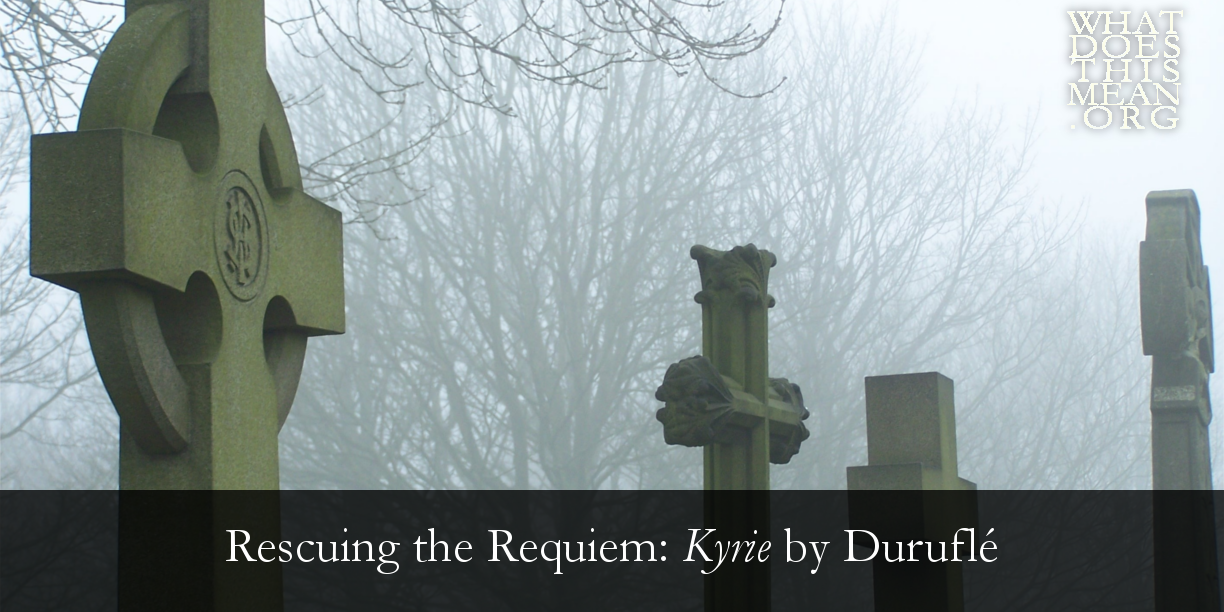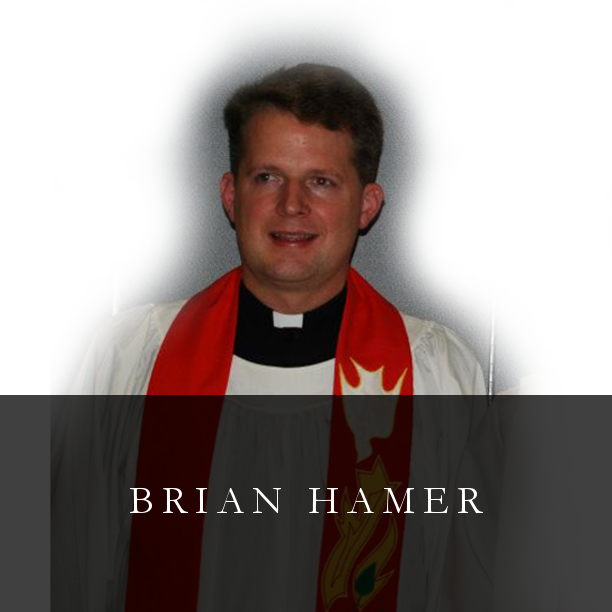in the hour of death; in the day of judgment: Help us, good Lord.
|
In all time of our tribulation; in all time of our prosperity; in the hour of death; in the day of judgment: Help us, good Lord. — from The Litany The traditional title of the ancient Mass for the Dead is “Requiem,” which hails from the first word of the Introit for this occasional Mass, “Rest (requiem) eternal grant to them, O Lord, and may perpetual light shine on them.” Readers who are not of the Roman Catholic faith may be a bit surprised to encounter a column on a musical setting of the Requiem from a Lutheran writer, but we must be cautious not to throw out the “Lutheran baby” with the “Medieval bath water.” The text of the Requiem omits the Gloria and the Creed, alters the Agnus Dei to include prayers for the dead, and includes numerous texts on the final judgment that are curiously devoid of the Gospel. Two sacred texts remain intact, however, which overlap with the traditional “Sunday” text of the Mass: the Kyrie (“Lord, have mercy”) and the Sanctus (“Holy, holy, holy”). These texts have inspired composers through the centuries, leaving a veritable treasure trove in our ecclesiastical back yard. Welcome to the first installment of our occasional “Rescuing the Requiem” series, which seeks to extract and explore excerpts from the Requiem repertoire, beginning with the Kyrie of the Requiem of Maurice Duruflé (1902-1986).
2 Comments
|
Pr Brian HamerBrian J. Hamer is Chaplain to School of Infantry West at Marine Corps Base Camp Pendleton via the LCMS Board for International Mission Services. Archives
June 2024
Categories
All
|



 RSS Feed
RSS Feed
